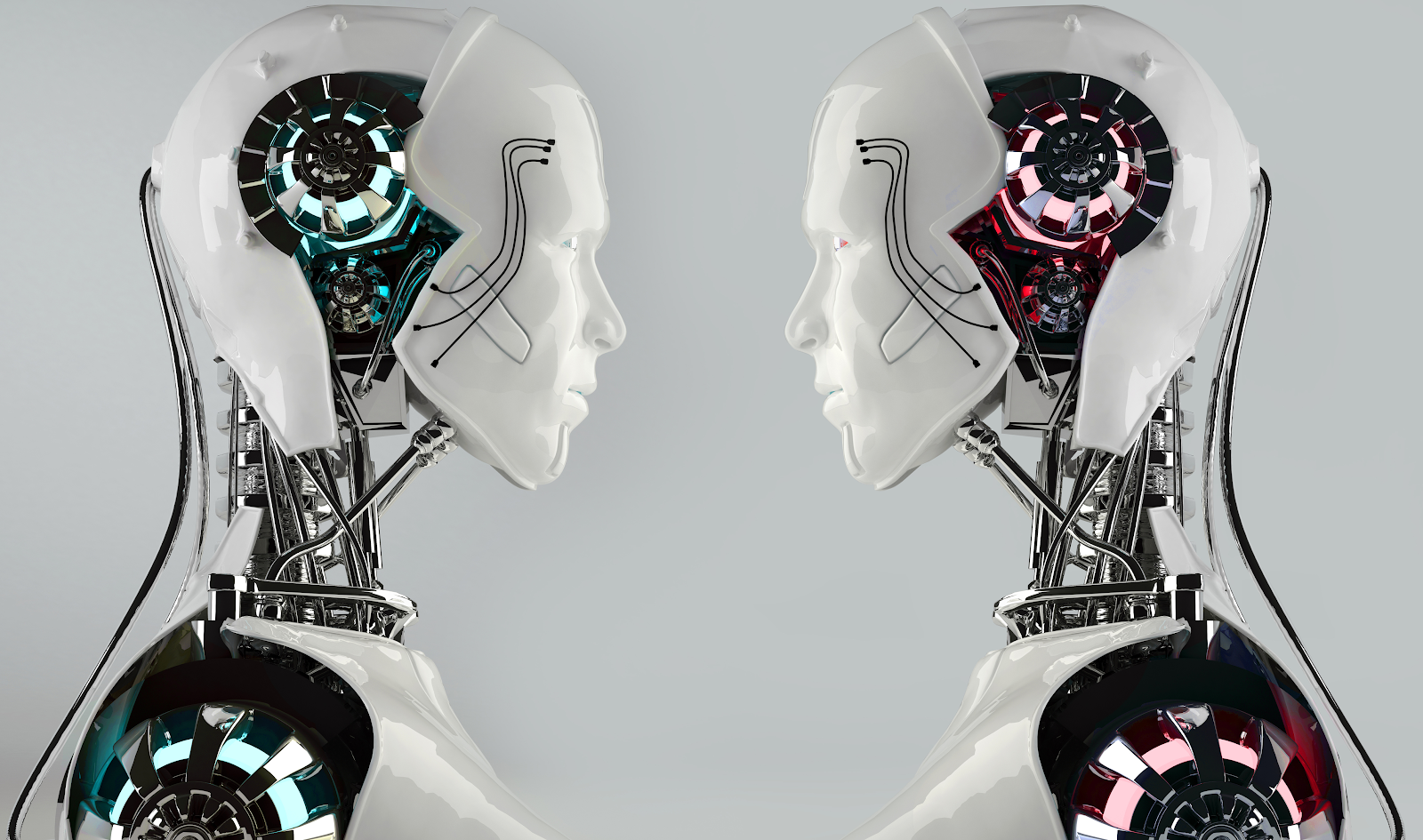Comments
- No comments found

As AI continues to evolve, researchers strive to enhance its capabilities and ensure that it operates ethically and responsibly in various domains.
In the rapidly evolving landscape of artificial intelligence (AI), a critical distinction often goes overlooked—one that separates scientific rigor from pseudoscientific hype.
As the allure of AI continues to captivate industries and individuals alike, it's essential to discern between approaches grounded in genuine scientific principles and those built upon shaky foundations.
In this article, we delve into the realms of "Scientific AI" and "Pseudoscientific AI", shedding light on the factors that set them apart.
Scientific AI stands as the embodiment of methodical inquiry, empirical evidence, and robust validation. Grounded in established scientific methodologies, this approach emphasizes the importance of hypothesis testing, experimentation, and peer review. Scientific AI leverages empirical data to develop models, algorithms, and systems that demonstrate measurable and repeatable results. It thrives on transparency, openly sharing methodologies, data sources, and outcomes for scrutiny and verification.

Rigorous Research: Scientific AI places a premium on thorough research, employing statistical analysis and controlled experiments to validate claims. It encompasses a strong foundation in mathematics, data analysis, and computational science.
Ethical Framework: Ethical considerations are paramount in scientific AI. Researchers are committed to ensuring their work abides by ethical standards, safeguarding data privacy, addressing bias, and minimizing potential harm.
Peer Validation: The hallmark of scientific AI lies in its openness to peer review. Researchers subject their work to the critical eyes of the scientific community, inviting scrutiny and refinement.
Pseudoscientific AI, on the other hand, presents an illusion of scientific credibility without adhering to the rigorous standards of evidence. This approach often relies on superficial claims, vague terminologies, and cherry-picked anecdotes. It may promise revolutionary breakthroughs without substantive data to back them up, raising red flags for those discerning enough to look beyond the surface.

Exaggerated Claims: Pseudoscientific AI tends to overpromise and underdeliver. Bold claims of transformative capabilities may lack empirical support or credible sources.
Lack of Transparency: A hallmark of pseudoscientific AI is the absence of transparent methodologies, making it challenging to validate results or reproduce outcomes independently.
Anecdotal Evidence: Relying solely on anecdotal evidence or isolated examples, pseudoscientific AI sidesteps rigorous testing and comprehensive data analysis.
As the AI landscape flourishes, the tension between Scientific AI and Pseudoscientific AI grows more pronounced. Distinguishing between the two requires a discerning eye and a commitment to critical evaluation. The key lies in seeking empirical evidence, demanding transparency, and examining the methodologies that underpin the claims. Prominent figures and thought leaders within the AI community emphasize the need for a collective commitment to maintaining scientific integrity and elevating the field's credibility.
In a world captivated by the potential of AI, it's paramount to champion Scientific AI while remaining vigilant against the allure of pseudoscientific claims. Embracing a culture of empirical inquiry, rigorous validation, and ethical conduct will pave the way for responsible AI advancements. By bolstering the scientific foundation of AI endeavors, we ensure that this transformative technology stands on a solid footing, ready to reshape industries and improve lives in meaningful and substantiated ways.
Leave your comments
Post comment as a guest